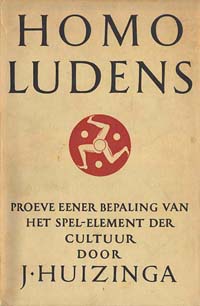Jonathan L. Friedmann, Ph.D.
From the critic’s perspective, the world of music consists of three parts: art, folk, and popular. This distinction is sometimes shortened to “serious” (art music) and “popular” (popular and folk). Precisely what makes some music “artistic” and other music something else is not always well defined, but minimum requirements usually include the use of written notation and sophisticated structural and theoretical considerations. The borders are blurred in some technical forms of jazz, and reinforced when classical composers adorn folk tunes with orchestral arrangements (as Aaron Copland did), or when pop musicians conspicuously quote classical repertoire in their songs (as Frank Zappa did). These combinations are appealing largely because they represent an almost taboo juxtaposition.
However, the aesthetic divide between serious and popular is not simply a question of musical attributes. It concerns the values ascribed to the respective music. Sociomusicologist Simon Frith sums up the underlying assumption: “Serious music matters because it transcends social forces; popular music is aesthetically worthless because it is determined by them.” In other words, art music stands apart from our basic human needs, thereby attaining sacredness, whereas popular music reflects everyday life, thus reaffirming mundaneness. The book from which Frith’s comment derives declares his position on the issue: Taking Popular Music Seriously.
An even stronger defense is found in Johan Huizinga’s classic tome, Homo Ludens: A Study of the Play Element in Culture, published in 1950. Huizinga sees play as simultaneously superfluous and necessary. Superfluous because it is irrational and entails a stepping out of “real life,” and necessary because it gives meaning to human existence.
Huizinga does not distinguish between types of play—games, sports, arts, entertainment—nor between its forms—professional, amateur, individual, group. He avoids equating “only pretend” with frivolity, noting that players can engage in the activity with utmost sincerity and determination. Most provocatively, he characterizes religious ceremonies as obligatory play. Like a game of soccer or hide-and-seek, a sacred ritual is a temporary and repeatable departure from ordinary life that operates according to its own guidelines. This is not meant to belittle religious rites, but rather to emphasize the potential for seriousness in all play.
Music, as a type of play, resides outside of normal time and space. It abides by its own logic, and the enjoyment of it makes it a human need. The labels “serious” and “popular” have little bearing on the experience itself, which can be taken lightly or seriously. As Huizinga reminds us, “The contrast between play and seriousness is always fluid.”
Visit Jonathan’s website to keep up on his latest endeavors, browse his book and article archives, and listen to sample compositions.

